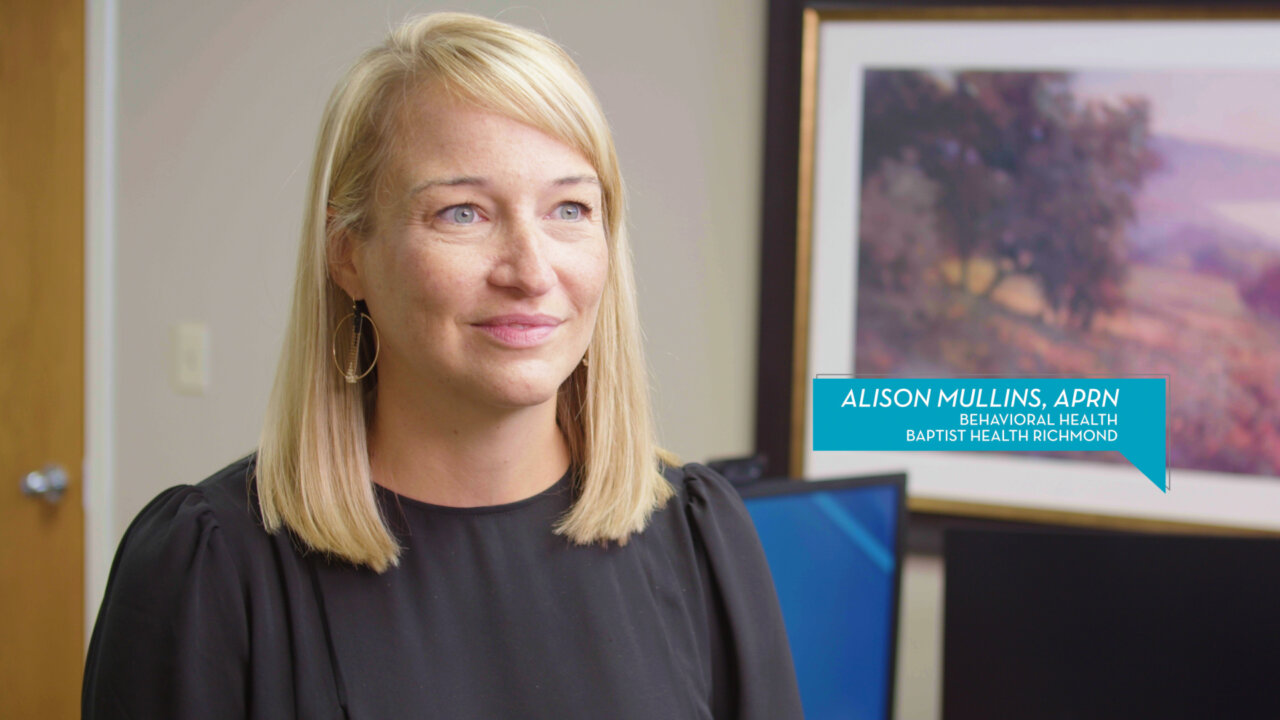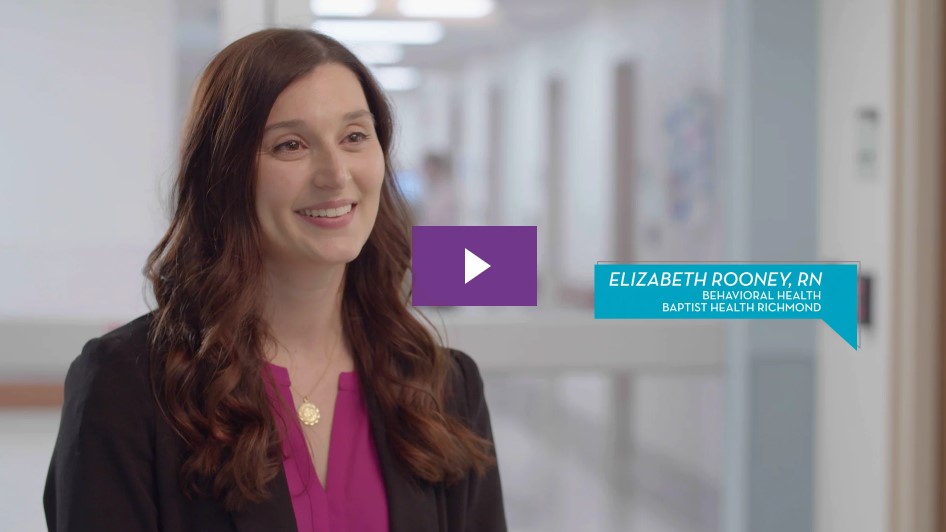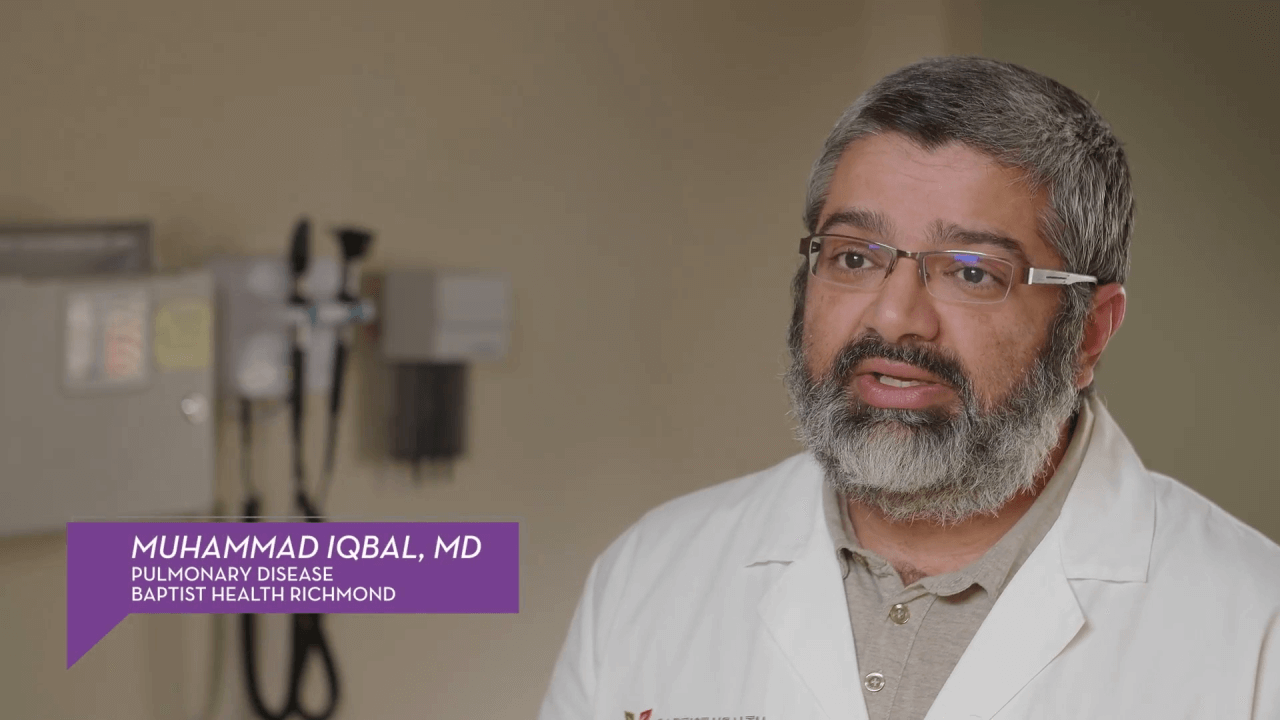Overdose Response at the Hospital
Baptist Health Richmond: Overdose Response at the Hospital
Baptist Health Richmond follows responsible prescribing practices when treating an overdose. Learn what happens when you go to the hospital for an overdose and the hospital protocol from Baptist Health.
Overdose Response at the Hospital HealthTalks Transcript
Paul Turley, MD
Most of the time when they come in as an overdose, EMS has given them Narcan in the field. Other times, they bring them in, and they’re not necessarily responsive and they’ll take multiple doses, particularly when we get these new batches of heroin in town that a relation with fentanyl or other much more potent narcotics.
That largest thing that we do is responsible prescribing practices. Currently, with the state database for controlled substances, it makes it much easier to see if a patient has been prescribed opioids before, if they’re on them chronically, if they’ve been doctor shopping. We’re just trying not to feed into the epidemic anymore, because a lot of the people who end up being addicts, they were prescribed something very legitimately at one time.
We’re very fortunate. We are linked in with a Corbin psychiatric facility. They do a lot of treatment. Normally what happens is we do a medical screening. We try to ensure that they are healthy enough to actually go into rehab and don’t have other comorbidities. Then we consult our Behavioral Health department. We have a liaison who comes in, interviews the patient, interviews the family, and determines if they’re suitable for the facility in Corbin. We’re very fortunate to have Behavioral Health here.
We are committed to our community, mostly as a resource for people who are looking for help. Our job is in the acute phase, trying to actually save someone’s loved one. At the same time, the bulk of the good we can do is with people who are actually looking for help.
Want more? Talk to a doctor to learn about our patient resources and services.



